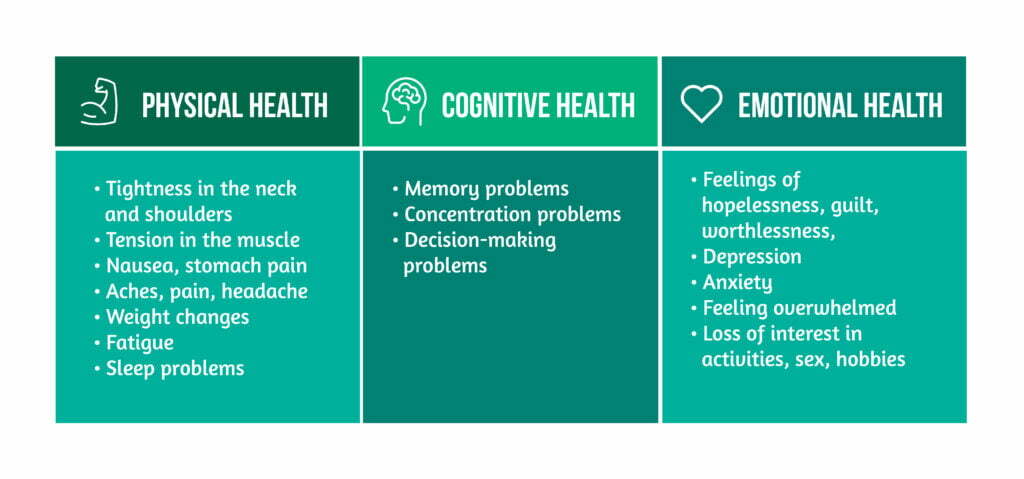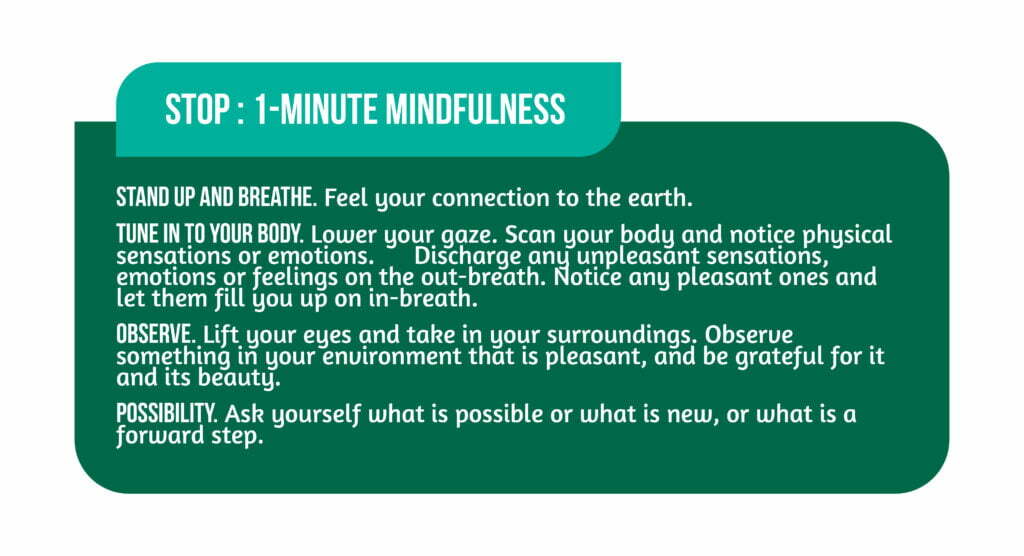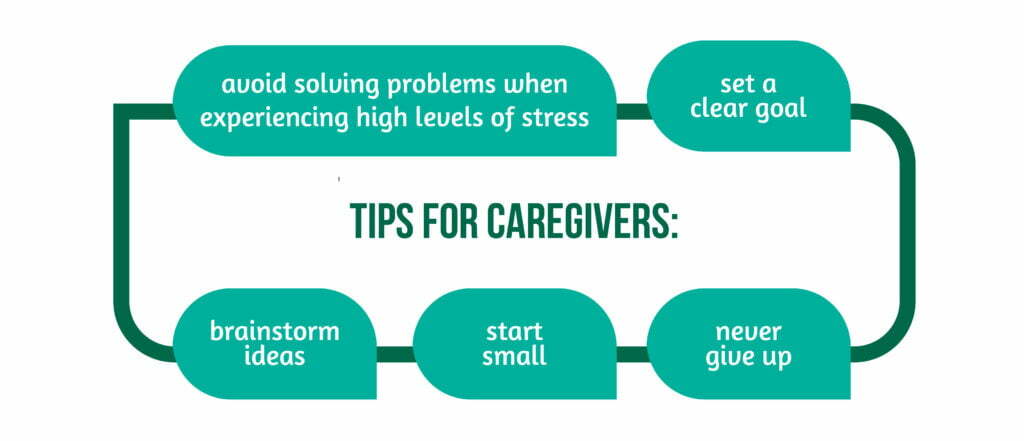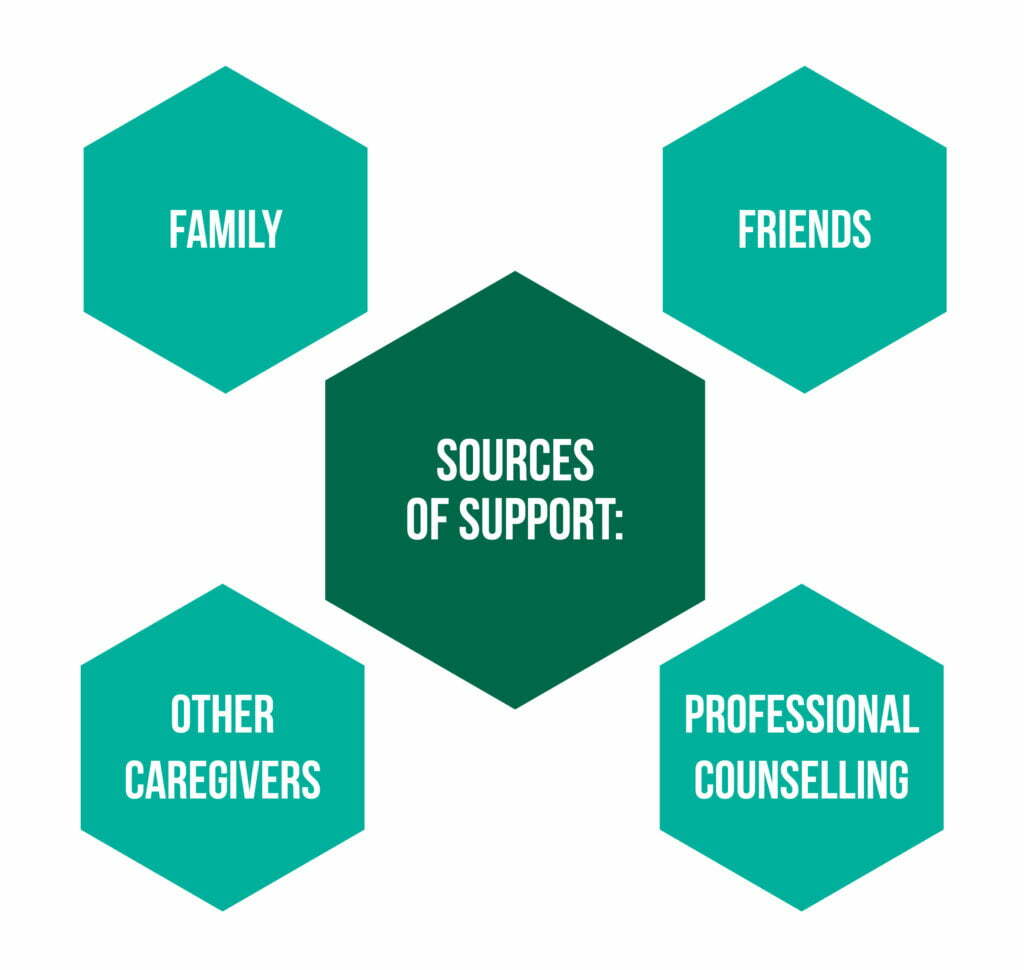Keywords: TBI, stress management, caregiver
Focus keyword: stress
Introduction – Stress management of TBI patients caregivers
Traumatic brain injury (TBI) represents one of today’s most important public health, social, and medical problems worldwide [1].
A review of European epidemiological studies revealed an incidence of 235 hospitalized cases per 100.000 population. TBI causes a high level of stress on the patient’s family, as many patients require continuing care, and it is usually the spouse or family that carries the responsibility [2]. One must also keep in mind that the caregiver’s stress is also increased by the emotional and behavioral changes experienced following a TBI, with anxiety, depression, and irritability being the most common [3].
Caregivers might feel stressed and overwhelmed by their new and complex responsibilities, but they must understand that these are frequent problems after an injury and that different strategies have been developed in order to help them [4].
For more insight about the effects of TBI, visit
What is the relationship between TBI and substance abuse?
Alcohol consumption and TBI: a continuing problem for patients and society?
Can TBI affect emotions and behavior?
What are the most common symptoms of stress?
Common symptoms of stress are shown in Table 1 below.

What coping strategies exist?
Long-lasting stress can have a negative impact on a person’s life, mind, and body. There are many holistic strategies that help patients and caregivers to cope, such as:
- yoga
- deep breathing exercises
- meditation.
A deep breathing exercise is frequently recommended for instant relief of stress. The person takes a breath and holds it in for a few seconds before letting it out. Repeating this exercise is recommended until the person feels more relaxed.
All these strategies aim to help the persons in need to relieve stress instantly or manage it over time. Also, there are different resources available on the Internet that can help with tracking a person’s mood and help them relax. Practice is needed in order to learn which strategy is the best for every person.
Mindfulness
Mindfulness represents a mental state where the person’s focus is centred on the present and concerns the feelings, thoughts, and the acknowledgement of the surroundings. This helps them switch focus from problems or worries from the past or future to the present moment. The most commonly used exercise takes around 1-minute and is described in Figure 1 below:

- Accepting thoughts and feelings
One crucial thing that caregivers should keep in mind is that there is no right or wrong way to feel or think. If a person learns to feel comfortable and accept their thoughts and feelings and not try to change them, they will feel less stressed. Help should be sought immediately if someone has feelings or thoughts that could lead to harmful or dangerous behaviors.
In Europe, helplines can be found at: https://www.mhe-sme.org/library/youth-helplines/.
- Maintaining personal activities and rewarding oneself
In order to identify their interests, every person should answer the following questions [5]:
- What activities did I like doing before TBI became a part of my life?
- Which one(s) do I miss doing the most?
- How can I make it possible for me to do these again?
- How will doing these things help me and my loved ones?
Based on their answer, a plan should be made in order to find time to do things and activities that relaxed them before, that pleased them before the TBI happened to their loved one.
In order to be able to reward themselves, they should answer to the following questions:
- What is rewarding to me?
- What rewards can I realistically give myself?
- When and why should I let myself have rewards?
- How does letting myself have rewards help me and my loved one?
Every caregiver should create moments for themselves when they can relax and do activities that bring them joy.
- Creative thinking and problem solving
Some tips that might help caregivers when they are feeling overwhelmed are highlighted in Figure 2 below:

Where can support come from?
The sources of support for TBI patients are showcased in Figure 3.

- Family and friends
Sharing feelings or thoughts with friends and family might be very beneficial in reducing the stress one is feeling under. They are the closest and the ones trying the most to offer support even if they do not always know how to express that.
- Other caregivers
In-person support groups or on social media might be very helpful in order to feel understood and included.
Studies showed that caregivers feel the need for a support group where they can freely express their feelings, gain emotional support and hope for the future, and gain guidance on how to care for their loved ones that suffered the TBI [6].
- Professional Counseling
Seeking professional help is a positive thing to do. Different types of counseling are available, and many rehab facility counselors offer their services to the family in need. There can be individual sessions allowing the person to speak freely without any other member of the family being present, family sessions when the whole family is present or group counselling or organized support groups.
Conclusion
In clinical practice, the stress of the family or friend that takes on the role of caregiver almost always appears. It usually takes a period of time to manifest, but, in time, the pressure of taking care to the best of one’s ability of someone else takes its toll, and many caregivers end up feeling burned out and depressed.
Many strategies are available for caregivers in order to help them cope and improve their stress levels and overall health. Focusing on themselves is as important as focusing on the recovery of their loved ones.
References
- M. Majdan et al. Epidemiology of traumatic brain injuries in Europe: a cross-sectional analysis. Lancet Public Health 2016, doi: 10.1016/S2468-2667(16)30017-2.
- H. Blake. Caregiver stress in traumatic brain injury, Int. J. Ther. Rehabil. 2013, doi: 10.12968/ijtr.2008.15.6.29878.
- ‘Changes in Emotion After Traumatic Brain Injury | Model Systems Knowledge Translation Center (MSKTC)’. https://msktc.org/tbi/factsheets/changes-emotion-after-traumatic-brain-injury (accessed Jul. 13, 2022).
- ‘One-Minute Mindfulness Exercises’, Psych Central, Sep. 28, 2021. https://psychcentral.com/health/minute-mindfulness-exercises (accessed Jul. 13, 2022).
- ‘Stress Management for TBI Caregivers | Model Systems Knowledge Translation Center (MSKTC)’. https://msktc.org/tbi/factsheets/stress-management-tbi-caregivers (accessed Jul. 13, 2022).
- T. Damianakis, A. Tough, E. Marziali, and D. R. Dawson, ‘Therapy Online: A Web-Based Video Support Group for Family Caregivers of Survivors With Traumatic Brain Injury’, J. Head Trauma Rehabil. 2016, doi: 10.1097/HTR.0000000000000178.




